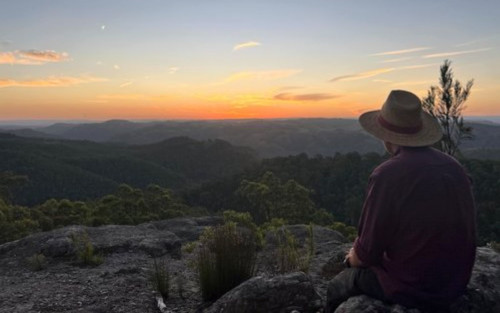
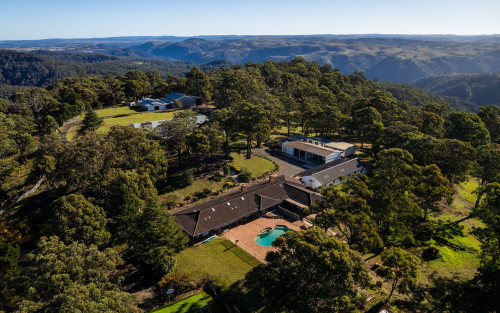


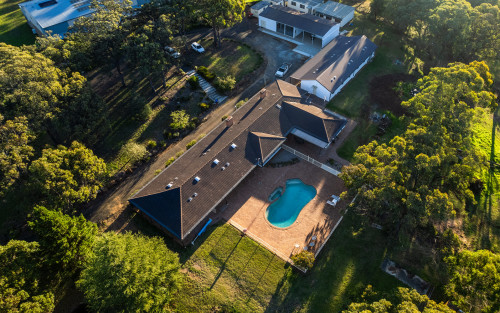




Southern Highlands Addiction Retreat
Verified Center
This provider's information has been quality-checked by Recovery.com's Research Team for accuracy and completeness, including center verification through appropriate third-party organizations.
Treatment Focus
This center treats substance use disorders and co-occurring mental health conditions. Your treatment plan addresses each condition at once with personalized, compassionate care for comprehensive healing.
Primary Level of Care
Offering intensive care with 24/7 monitoring, residential treatment is typically 30 days and can cover multiple levels of care. Length can range from 14 to 90 days typically.
Treatment Focus
This center treats substance use disorders and co-occurring mental health conditions. Your treatment plan addresses each condition at once with personalized, compassionate care for comprehensive healing.
Primary Level of Care
Offering intensive care with 24/7 monitoring, residential treatment is typically 30 days and can cover multiple levels of care. Length can range from 14 to 90 days typically.
Private Pay
You pay directly for treatment out of pocket. This approach can offer enhanced privacy and flexibility, without involving insurance. Exact costs vary based on program and length of stay. Contact the center for specific details.
Southern Highlands Addiction Retreat
Southern Highlands Addiction Retreat
About Southern Highlands Addiction Retreat
Led by a team of experts with decades of experience, Southern Highlands Addiction Retreat offers effective treatment for substance and behavioural addictions along with co-occurring issues such as anxiety, depression and trauma. Their addiction treatment programs require a minimum of 28 days, with a recommendation of 12 weeks for optimal care. The retreat is set on 100 serene acres surrounded by one of Australia’s finest national parks, teeming with native wildlife and bush walks.
Rebuild Life with 4 Pillars of Wellness
Southern Highlands provides an evidence-based and holistic program built around four key pillars of wellness: physical health focuses on exercise, nutrition and sleep, mental health helps clients understand their relationship with addiction and building skills, spiritual health enhances mindfulness and inner growth, and social wellbeing fosters healthy connections and social skills. This approach is further supported by individual and group therapy, educational seminars, adventures, therapeutic techniques like cognitive behavioral therapy (CBT) and motivational interviewing (MI), and family therapy.
Receive a Fully Customized Treatment Plan
Southern Highlands personalizes treatment plans for each client’s unique needs, beginning with a comprehensive assessment of their medical history, substance use, and psychological state. This approach ensures that each individual receives care that aligns with their specific circumstances and recovery goals. For some clients, this may mean focusing on personal wellness and family dynamics. Executives can benefit from strategies that integrate their professional responsibilities with recovery, while veterans receive specialized support addressing post-traumatic stress disorder (PTSD) and other service-related challenges.
Immerse in Nature and Home-Like Comfort
Under two hours from Sydney and Canberra, Southern Highlands offers a safe, home-like environment perfect for recovery and rejuvenation. Guests are far from temptation, immersed in nature’s beauty, yet within easy reach of essential services and vibrant local towns. The region provides a wealth of activities and excursions that expand clients’ horizons and make rehab engaging and enjoyable. The retreat features private rooms with ensuites and air conditioning, complemented by unmatched facilities, including a commercial-grade gym, pool, spa, sauna, tennis and basketball courts, and more. Designed to be handicap accessible for individuals with mild to moderate disabilities, it features flattened grounds and wheelchair-friendly accommodations.
Highlights from the Center
Highlights
These highlights are provided by and paid for by the center.
Customized Treatment Plans
Holistic Approach
Private Rooms Only
Addiction Recovery
Center Overview
Treatment Focus
This center treats substance use disorders and co-occurring mental health conditions. Your treatment plan addresses each condition at once with personalized, compassionate care for comprehensive healing.

Southern Highlands Addiction Retreat
Pricing and Program Length
Estimated Center Costs
The cost listed here ($10,500 AUD / week), is an estimate of program cost. Center price can vary based on program and length of stay. Contact the center for more information. Recovery.com strives for price transparency so you can make an informed decision.

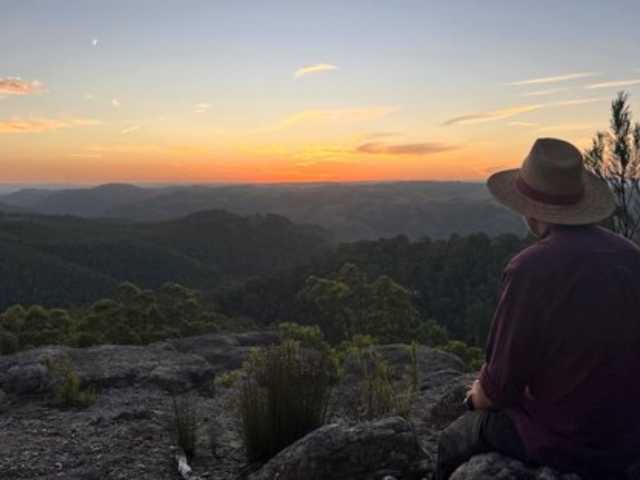
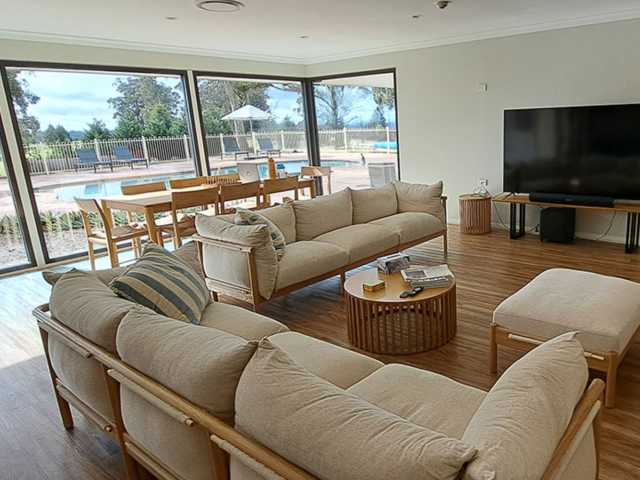
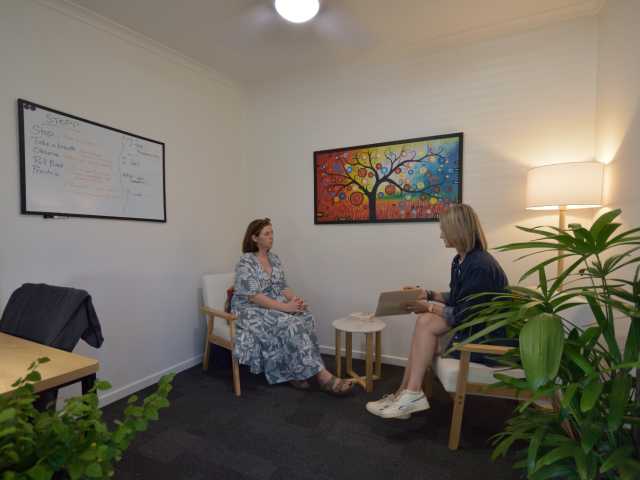
Recovery.com Verified Listing
Recovery.com verified that the name, location, contact information and license to operate for this treatment provider are valid and up-to-date.

Licensed by ABR
Recovery.com is an independent, third-party mental health resource. Verification does not imply endorsement and does not guarantee the quality of treatment services.
Meet Your Care Team

Dr Jennifer Parer
Medical Director
MBBS, FRACGP, DipRACOG

Warwick Parer
Managing Director
LLB

Dr Kamal Dhaliwal
Program Supervisor
BA(Psych), DPsych(Clin), MAPS

Linda Jackson
Lead Therapist
MSW, BHSc, Dip Com Serv, Grad Cert Couns

Janine Walker
Therapist
GradDipCouns, BBus (Mkg&Psych)

Stuart Jamieson-Pate
Therapist
Dip Couns, BASc, MBA

Danielle Small
Admissions Manager
CertIV MH, Cert IV CS, Cert IV VN
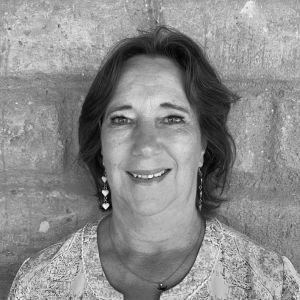
Felicity McKellar
Admission Manager NDIS
Cert SS, Cert T3, AARS, Tm, Dip CS

Christopher Gibbings
Technologies Services
MSA, MEd, BSc, PDC, CertTD

Julie Chamouille
Assistant Manager
Diploma of Work Health and Safety/Operations Management Certificate Level 2
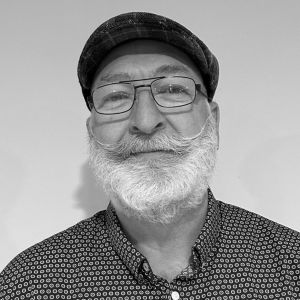
Wayne Miles
Property Caretaker
Certificate III Aged Care Home and Community Care, Advanced Diploma Engineering Design, Welder Fabricator, Ticketed Machine Operator
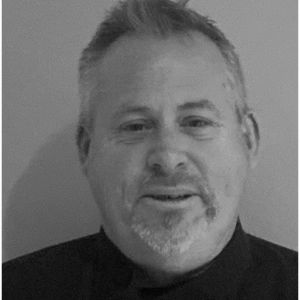
Greg Post
Chef
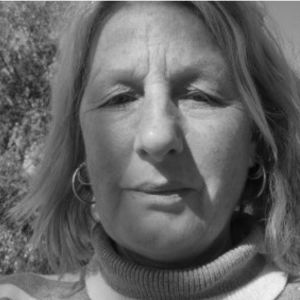
Angela Clark
Head Cleaner

Sarah Davies
Operations Support
Cert III in Agriculture
Your Care Options
Specializations
Alcohol
Using alcohol as a coping mechanism, or drinking excessively throughout the week, signals an alcohol use disorder.
Detox
Detox fully and safely removes toxic substances from the body, allowing the next steps in treatment to begin with a clean slate.
Drug Addiction
Drug addiction is the excessive and repetitive use of substances, despite harmful consequences to a person's life, health, and relationships.
Gambling
Excessive, repetitive gambling causes financial and interpersonal problems. This addiction can interfere with work, friendships, and familial relationships.
Prescription Drugs
It's possible to abuse any drug, even prescribed ones. If you crave a medication, or regularly take it more than directed, you may have an addiction.
Post Traumatic Stress Disorder
PTSD is a long-term mental health issue caused by a disturbing event or events. Symptoms include anxiety, dissociation, flashbacks, and intrusive thoughts.
Veterans
Patients who completed active military duty receive specialized treatment focused on trauma, grief, loss, and finding a new work-life balance.
Trauma
Some traumatic events are so disturbing that they cause long-term mental health problems. Those ongoing issues can also be referred to as "trauma."
Who We Treat
LGBTQ+
Addiction and mental illnesses in the LGBTQ+ community must be treated with an affirming, safe, and relevant approach, which many centers provide.
Men and Women
Men and women attend treatment for addiction in a co-ed setting, going to therapy groups together to share experiences, struggles, and successes.
Mild Disabilities
Adults with mild physical or intellectual disabilities receive treatment catered to their specific needs in a safe and clinically supportive environment.
Professionals
Busy, high-ranking professionals get the personalized treatment they need with greater accommodations for work, privacy, and outside communication.
Veterans
Patients who completed active military duty receive specialized treatment focused on trauma, grief, loss, and finding a new work-life balance.
Treatment Services
Recovery Coaching
A support service designed to help individuals identify and maintain their personal recovery goals, provide guidance and support, and connect them with recovery resources and community-based services.
Intensive Inpatient
The highest level of care, medically managed intensive inpatient services provides 24-hour nursing and physician care.
Detox
Detox fully and safely removes toxic substances from the body, allowing the next steps in treatment to begin with a clean slate.
Private Therapy
This is an individual therapy that's often available at private therapy clinics. Clients may be able to choose a therapist who best fits their unique needs.
Residential
In a residential rehab program, patients live onsite, with access to daily treatment and 24-hour care. An average stay is 30-90 days.
Retreat
These curated experiences promote physical, mental, and spiritual well-being, and provide a break from the busy pace of daily life.
Sober Living
These structured living environments help people transition out of rehab. Residents have more freedom than they do during rehab, but still follow certain rules.
Approaches
Evidence-Based
A combination of scientifically rooted therapies and treatments make up evidence-based care, defined by their measured and proven results.
Holistic
A non-medicinal, wellness-focused approach that aims to align the mind, body, and spirit for deep and lasting healing.
Individual Treatment
Individual care meets the needs of each patient, using personalized treatment to provide them the most relevant care and greatest chance of success.
Wellness
Wellness philosophies focus on the physical, mental, and spiritual wellness of each patient, helping them restore purpose with natural remedies.
Therapies
1-on-1 Counseling
Patient and therapist meet 1-on-1 to work through difficult emotions and behavioral challenges in a personal, private setting.
Meditation & Mindfulness
A practiced state of mind that brings patients to the present. It allows them to become fully aware of themselves, their feelings, and the present moment.
Trauma-Specific Therapy
This form of talk therapy addresses any childhood trauma at the root of a patient's current diagnosis.
Online Therapy
Patients can connect with a therapist via videochat, messaging, email, or phone. Remote therapy makes treatment more accessible.
Mindfulness Therapy
This ancient practice can be mental, emotional, and even spiritual. In meditation, you focus your attention on the present moment without judgement.
Animal Therapy
Animals can inspire trust and self-worth. In this experiential therapy, guided interactions are used to improve social skills and emotion regulation.
Art Therapy
Visual art invites patients to examine the emotions within their work, focusing on the process of creativity and its gentle therapeutic power.
Conditions We Treat
Pornography Addiction
A person with a porn addiction is emotionally dependent on pornography to the point that it interferes with their daily life and relationships.
Grief and Loss
Grief is a natural reaction to loss, but severe grief can interfere with your ability to function. You can get treatment for this condition.
ADHD, ADD
ADHD is a common mental health condition caused by dopamine imbalance. Common symptoms include inattention, hyperactivitiy, and impulsivity.
Anxiety
Anxiety is a common mental health condition that can include excessive worry, panic attacks, physical tension, and increased blood pressure.
Burnout
Burnout entails mental and physical exhaustion, and leads to a severe lack of fulfillment. This condition is often caused by overwork.
Codependency
Codependency is a pattern of emotional dependence and controlling behavior. It's most common among people with addicted loved ones.
Depression
Symptoms of depression may include fatigue, a sense of numbness, and loss of interest in activities. This condition can range from mild to severe.
Gambling
Excessive, repetitive gambling causes financial and interpersonal problems. This addiction can interfere with work, friendships, and familial relationships.
Gaming
Compulsive gaming is most often a problem for children and teens. The disorder can affect physical health, sleep, and the ability to focus at school.
Substances We Treat
Alcohol
Using alcohol as a coping mechanism, or drinking excessively throughout the week, signals an alcohol use disorder.
Chronic Relapse
Consistent relapse occurs repeatedly, after partial recovery from addiction. This condition requires long-term treatment.
Co-Occurring Disorders
A person with multiple mental health diagnoses, such as addiction and depression, has co-occurring disorders also called dual diagnosis.
Cocaine
Cocaine is a stimulant with euphoric effects. Agitation, muscle ticks, psychosis, and heart issues are common symptoms of cocaine abuse.
Drug Addiction
Drug addiction is the excessive and repetitive use of substances, despite harmful consequences to a person's life, health, and relationships.
Ecstasy
Ecstasy is a stimulant that causes intense euphoria and heightened awareness. Abuse of this drug can trigger depression, insomnia, and memory problems.
Heroin
Heroin is a highly addictive and illegal opioid. It can cause insomnia, collapsed veins, heart issues, and additional mental health issues.
Psychedelics
Hallucinogenic drugs—like LSD—cause euphoria and increased sensory experiences. When abused, they can lead to depression and psychosis.
Languages
Aftercare
Care Designed for Your Needs
Personal Amenities
Amenities
Special Considerations
Center Pets
Addiction and mental health facilities with pets allow patients to interact with friendly dogs, cats, horses, and in some cases, even dolphins.
Flexible technology policies
Centers with flexible technology policies allow professionals to stay in touch with work and give patients a greater sense of connection and normalcy.
Healthy Meals are provided
Great food meets great treatment, with providers serving healthy meals to restore nutrition, wellbeing, and health.
Activities
Yoga
Yoga is both a physical and spiritual practice. It includes a flow of movement, breathing techniques, and meditation.
Off-Site Activities

Learn More About the Center
What Happens in Rehab?
Discover the daily routines and therapies that create a path to recovery.
Why An Addiction Detox Is Not Enough For Long-Term Sobriety
Learn why detox is only the first step toward lasting freedom from addiction.
The Physical and Mental Toll of Drug Addiction
Explore the long-term effects addiction has on both the body and mind.
How To Help a Friend or Loved One Deal with Addiction
Find practical steps to support someone struggling with addiction.





